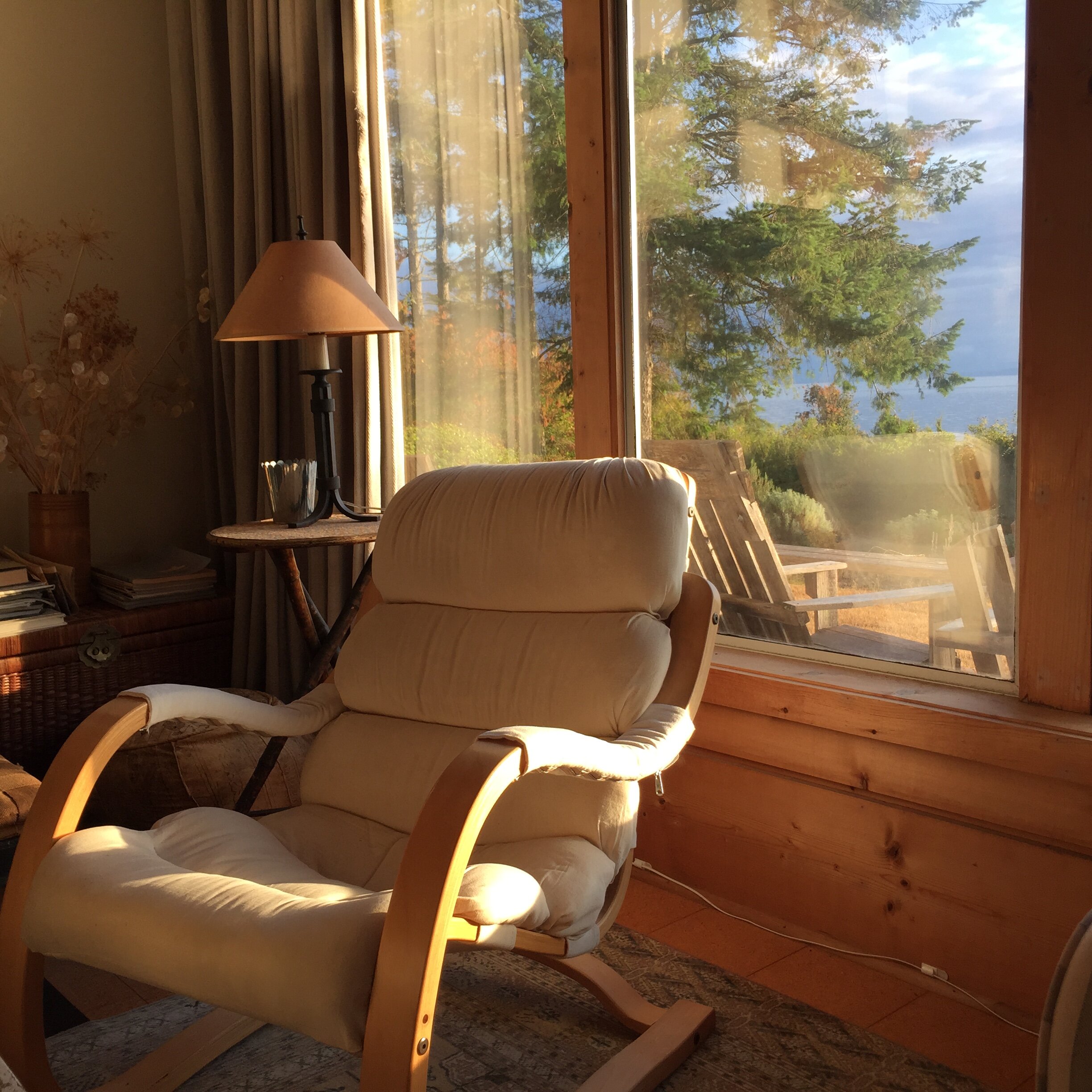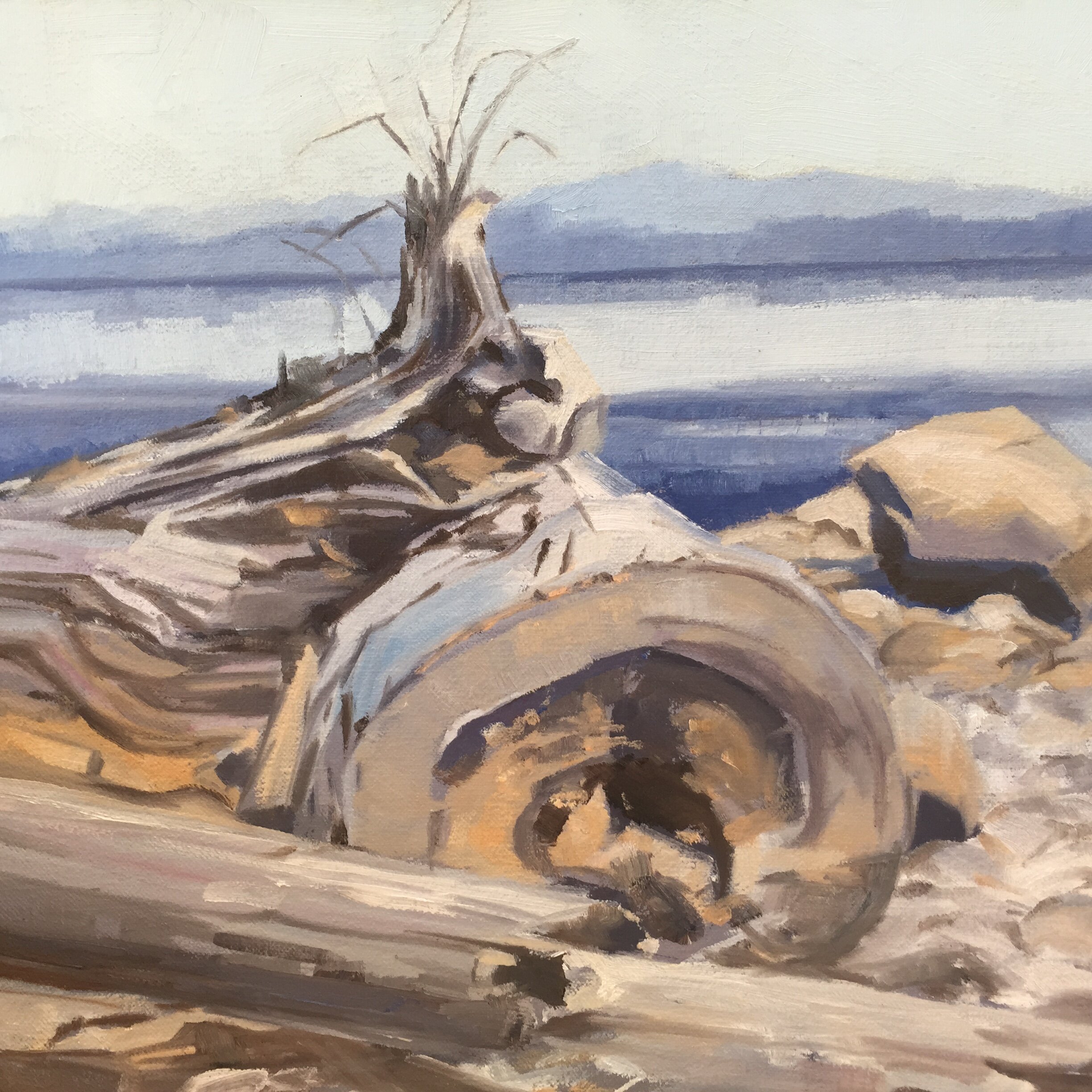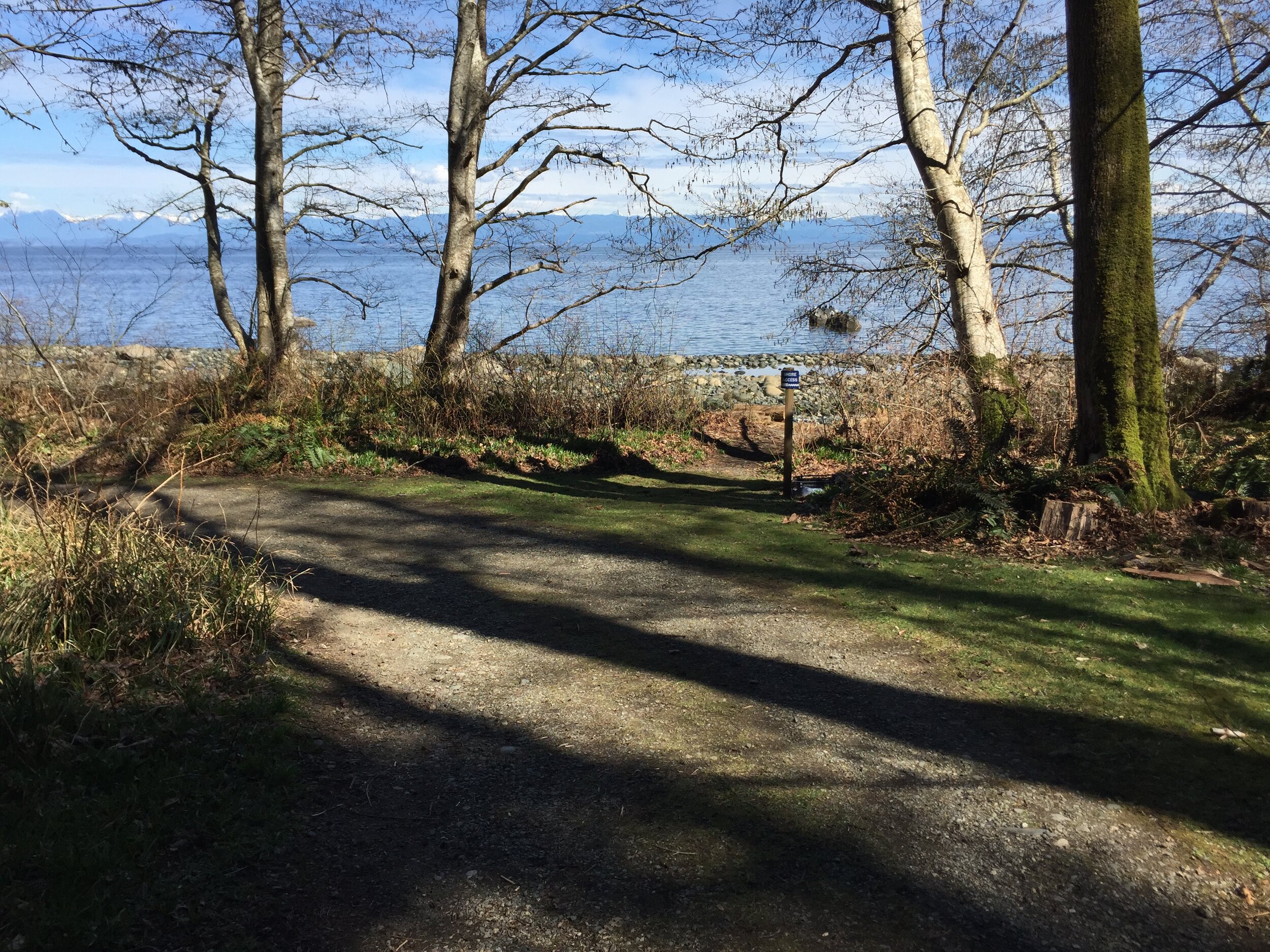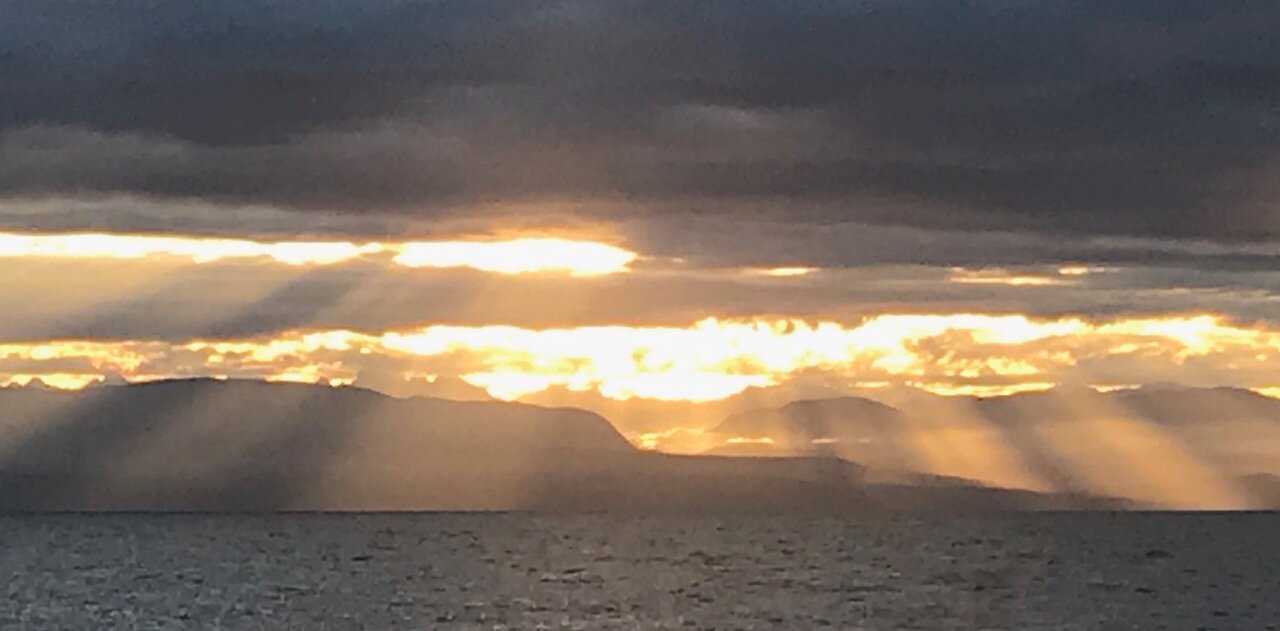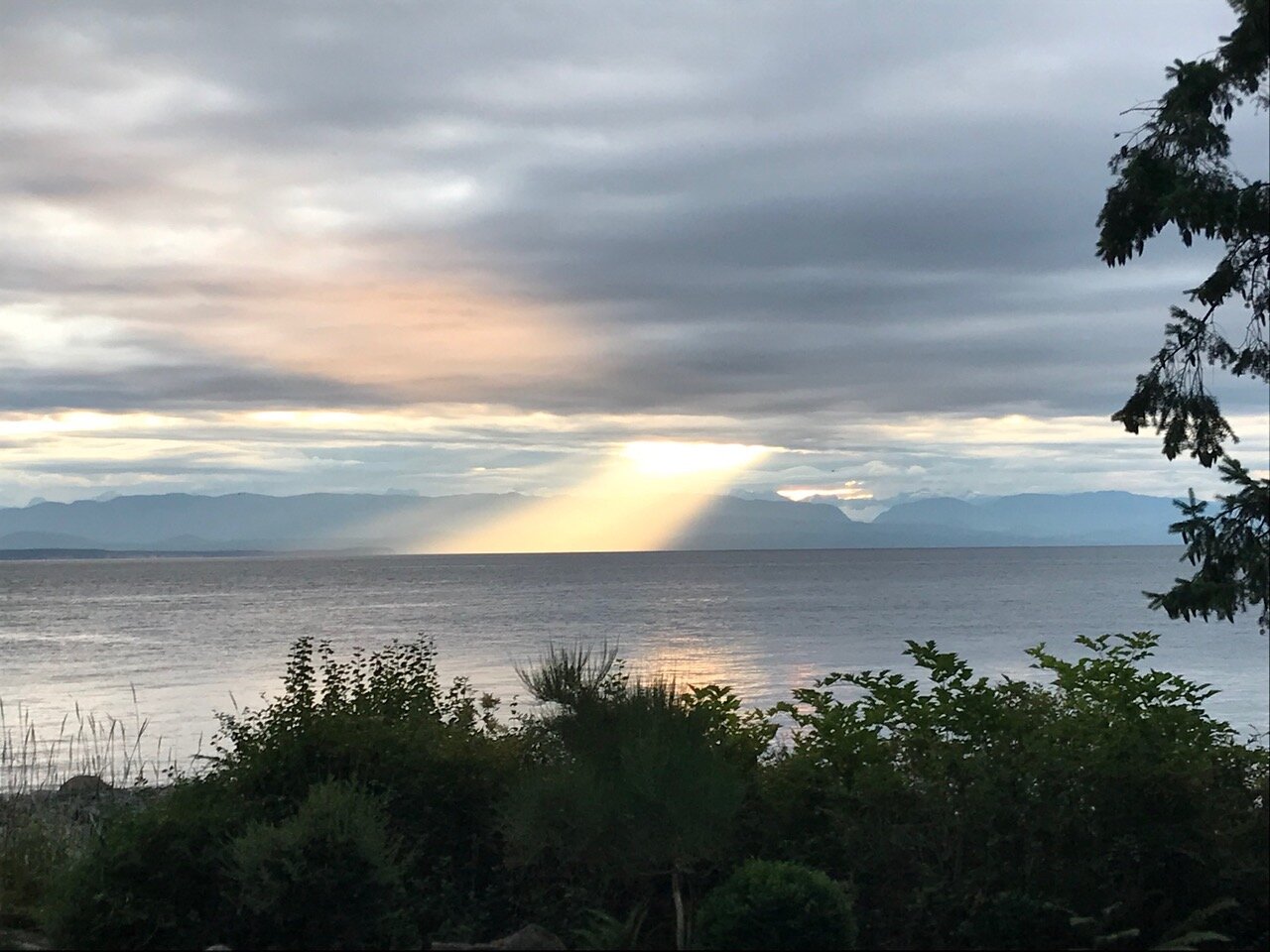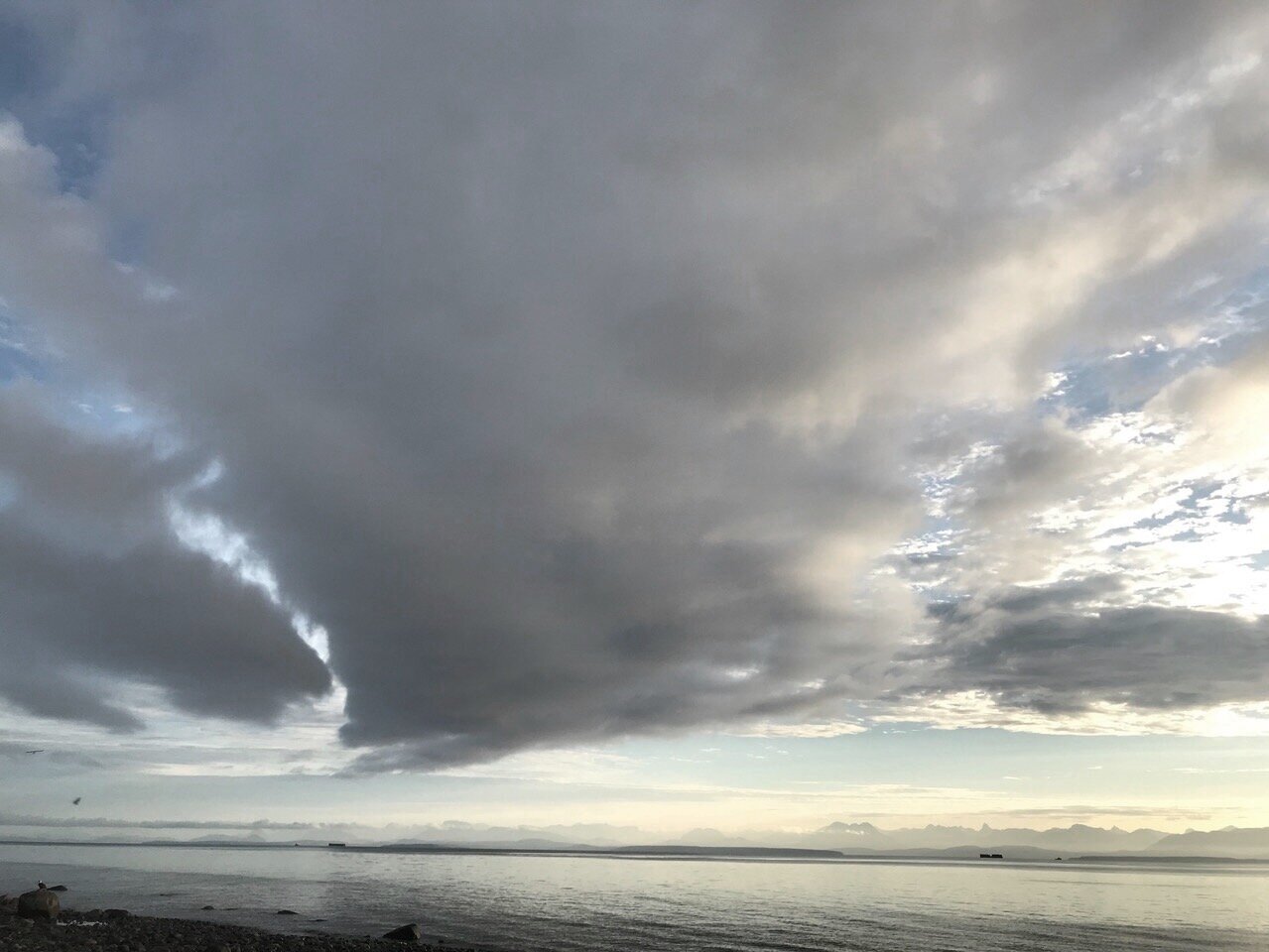Book Review by Judy LeBlanc
In 2018, Victoria poet Arleen Paré spent four weeks at the McLoughlin Gardens as writer-in-residence. During her tenure, while meeting with local writers to discuss their work, Arleen completed a first draft of her latest book. First was published by Brick Books and released in May 2021.
First is Paré’s seventh collection of poetry, though two of these books, Paper Trail and Leaving Now, have also been described as mixed genre fiction and nonfiction. Paper Trail won the Victoria Butler Book Prize. Her third book, Lake of Two Mountains, won the 2014 Governor General’s award and the CBC Bookie award. The Girls with Stone Faces, her fifth book, won the American Golden Crown Award for poetry in 2018. Earle Street was released by Talon Books in 2020, and now a year later, First has been released.
On her website, Paré describes how her writing is motivated by becoming “smitten” with a topic then goes on to say that the form “must be able to convey the intensity of that topic in the best way possible.” In the writing that spans First, there is a sense of artistic obsession as Paré ranges across a myriad of inquiries that probe the meaning of beginnings, both cosmic and in our ordinary lives. One gets the impression that Paré has sat deeply with these questions and allowed the form that best renders any possible answers to them to emerge. The book is scaffolded by the story of a first best friend in childhood and the mystery of her fifty year disappearance from Paré’s life. Everyone from Nancy Drew to Einstein are invoked in understanding both the childhood bond, the disappearance, and the subsequent search. Within this framework, amongst other concerns, Paré explores life on a suburban Montreal street in the 1950s, a variety of firsts: first borns, first place, first friends, while sometimes foregrounding the inherent larger questions around the meaning of time and the origin of the universe.
A playfulness along with a hint of irreverence pervades these pages, both in poetic form and in content. In a prose piece, she describes a time she woke from her sleep to a figure seated at her desk. “Nancy Drew at your service,” announced the figure. A list poem is entitled “Twelve Basic Interrogative Fragments.” Now and then brief prose sections function as transitional though not in any predictable structure. Paré’s language, too, is ever surprising with an attention to sound and image that is sometimes musical and often destabilizing with truncated lines and ample use of white space. Read aloud: “Never mind, there is always porridge with a sift of salt and garbage bins under the sink whispering misery in an offkey pitch.” The page that begins with “Because the moon…” is a tender lyrical poem occurring within pages of prose poetry. In the piece that begins “There is a certain wash of light…” we are taken into a rhythmic close observation of a fly reminiscent of the work of Emily Dickinson. Throughout First, Paré demonstrates a range that engages the readers through many forms and layers of meaning.
Paré has a way of pressing the reader into their own investigation. I was led through my own reminiscences of telephone party lines and skipping rope games towards questions of the origins of the universe to land on that startling inconclusive final line of the book, “…and yet, the question still had wings.”
In a recent conversation with Paré, she fondly recalled her time at McLoughlin Gardens. “The isolation, the wilderness shoreline, the garden itself and the surrounding cedars, concentrated my writerly efforts and made writing First a daily pleasure,” she said.
McLoughlin Gardens is pleased to have provided a creative space for this writer and thus played a small part in enabling the fine work that you will read in Arleen Paré’s First.
Paré has written a postscript to First, a long poem entitled Last, that will be published and released by Baseline Press on June 21, 2021.
https://www.baselinepress.ca/shop/last-arleen-pare-2021





